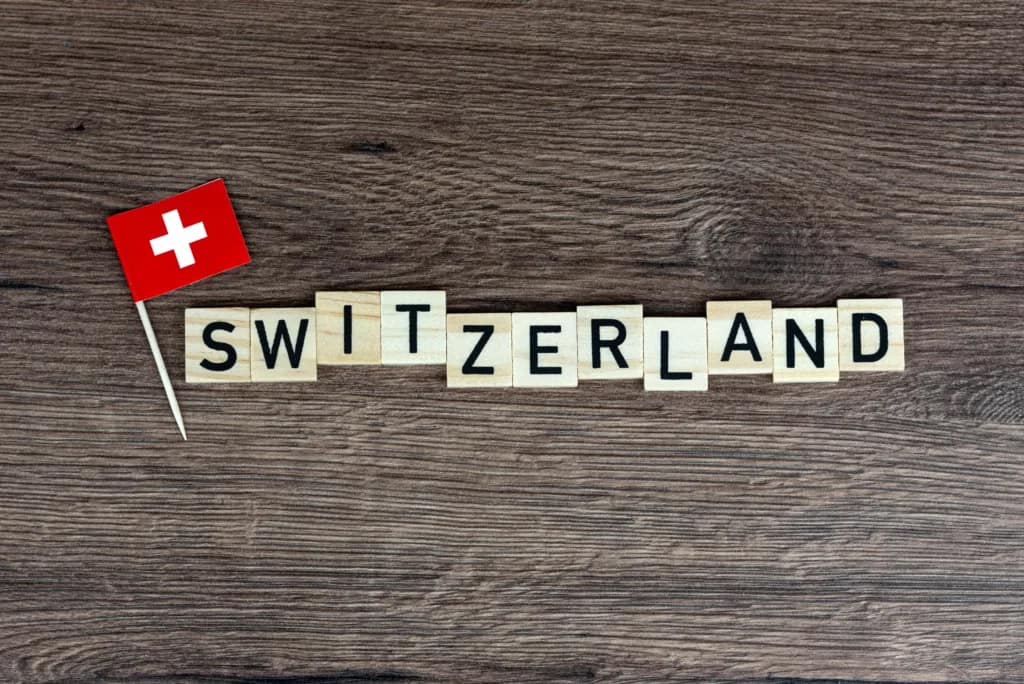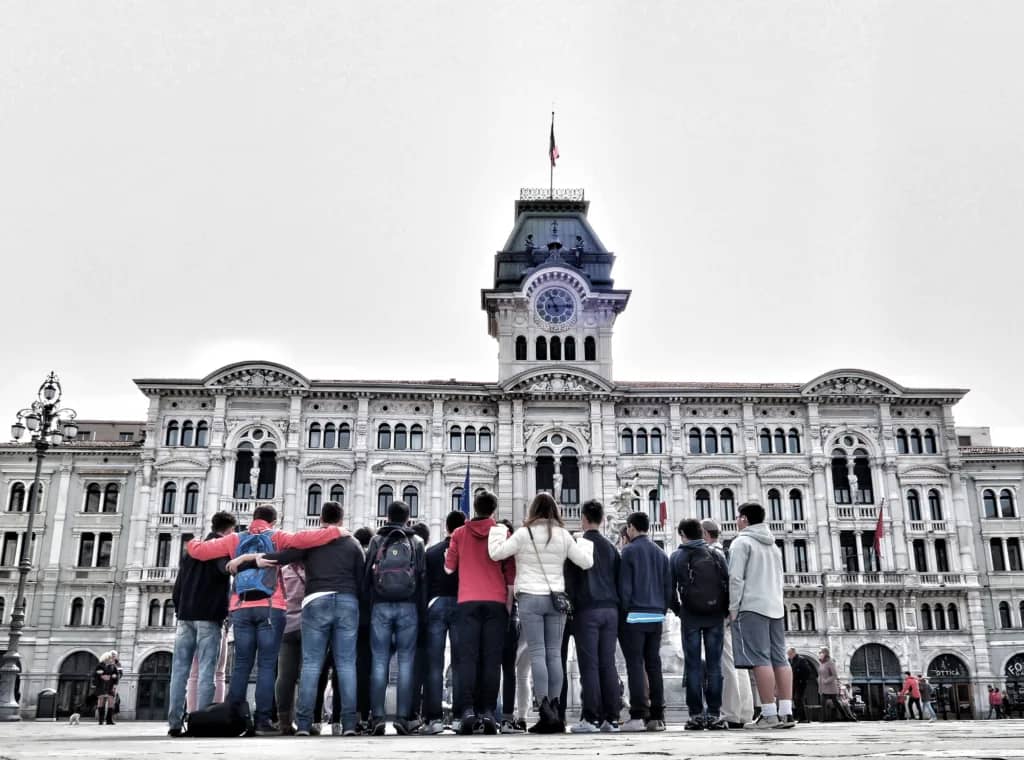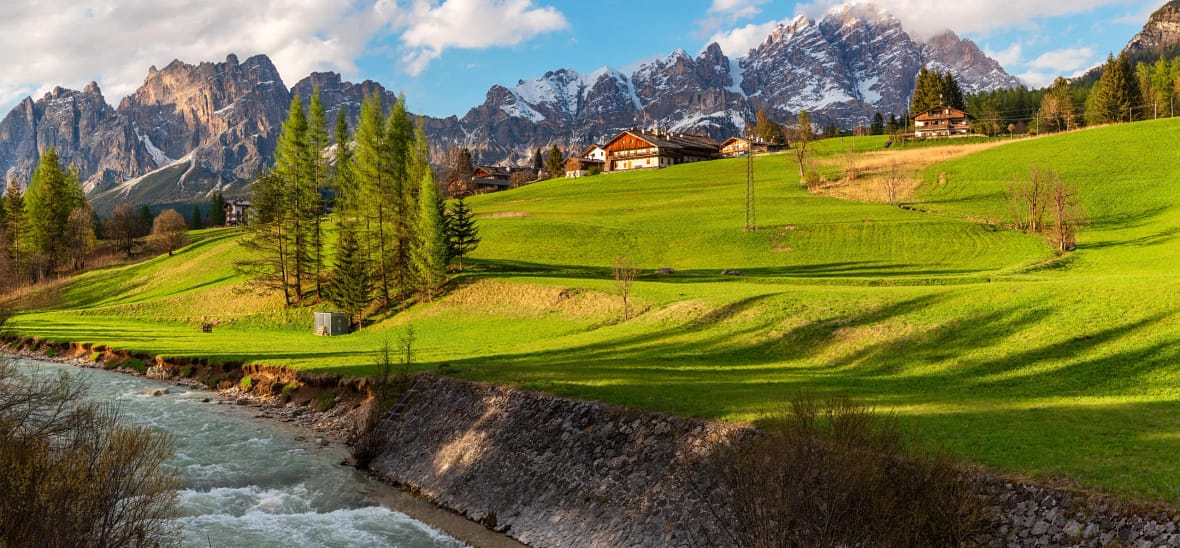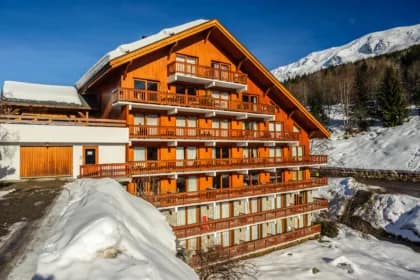Sitting in Europe’s huge mountain areas is a country known for more than just its chocolate, fancy watches, and awesome views. Switzerland avoided wars when other nations were fighting. This nation has been neutral for hundreds of years. Its policy of neutrality has kept the Swiss people safe. It has also made Switzerland a place for peace and a meeting spot for international leaders.
Here we will look at the small details of how Switzerland became neutral. We’ll see how neutrality affects life in Switzerland. And we’ll think about if neutrality still matters today. Come explore Switzerland’s mountains as we learn why neutrality is so important to this country.
Origins and Early Adoption of Neutrality

A Tale of Old Conflicts and Peace Quests
Long ago, Switzerland opted to be neutral. This choice stems from a centuries-old war, the Thirty Years’ War. During this lengthy battle across Europe, Swiss regions teamed up. Their aim? To keep other nations from interfering. This effort led to the 1648 Treaty of Westphalia. It affirmed Switzerland as an independent, neutral country. Switzerland’s neutrality isn’t new. It has deep roots in a bloody past.
Forging the Nation’s Identity
When Switzerland first became neutral, it made people feel like they were part of one country. Switzerland lets people vote on many things directly. This helped the country feel independent and safe from other countries. The army in Switzerland kept growing stronger. This built a sense of security that is still around today.
Balancing Acts of Peace and Prosperity
Switzerland did not just avoid wars. It built trust around the world. Being honest helped Switzerland’s banks become successful. The strong Swiss money also helped. Switzerland is in the middle of Europe. That made it a good place for trade and finance. These things made Switzerland’s economy grow strong.
Key Historical Events Shaping Switzerland’s Neutrality Policy

World Wars and the Swiss Neutrality Dilemma
World War I and World War II were very bad times. Switzerland was in the middle of the fighting. But it did not get into the wars. Switzerland stayed neutral. The government said no to joining the wars. And Switzerland’s location made it hard for other countries to attack. So Switzerland did not have to fight in the big wars. The country was safe from all the terrible things that happened.
The Price of Peace
Even though Switzerland stayed neutral, it was still impacted by global wars. While no battles took place in Switzerland, its economy suffered. Being close to war zones in Europe made things hard. Also, Switzerland’s stance on trade during wars led to issues and criticism at times. The country’s neutrality protected it from direct warfare but couldn’t shield its economy fully.
The Cold War and Neutrality’s Second Wind
After World War II, Switzerland stayed neutral. It did not pick sides during the Cold War. Instead, Switzerland worked with countries that were not aligned with either superpower. This time showed how neutral countries could build trust. Neutral countries acted as a bridge between the United States and the Soviet Union who were enemies.
Economic, Political, and Social Implications of Swiss Neutrality

Economic Heft and the Neutrality Dividend
Switzerland’s neutral status brought it a special advantage. The country’s stable and secure image during tough global times attracted money and groups who wanted a safe place to work and connect. The resulting wealth and the variety of its economy resting on “four pillars” – making stuff, farming, services, and banking – made Switzerland’s economic independence solid.
Political Independence and Sovereignty
Switzerland doesn’t take sides. It stays out of wars and arguments between other countries. This is called being neutral. Switzerland likes being its own boss. It won’t let other nations tell it what to do. The Swiss people get to decide what’s best for Switzerland, not outsiders. This is called independence. Neutrality and independence go hand in hand for Switzerland. It has its own way of thinking about world issues. This thinking comes from all kinds of Swiss folks, not just leaders.
Social Fabric and the Challenge of Integration
Switzerland has a big belief in staying neutral. This means not taking sides on things like immigration, and human rights, and helping other countries. But even peaceful Switzerland has problems with integration. Younger Swiss people are asking questions about their country’s role in today’s connected world. They wonder if Switzerland’s policy of neutrality can work with new global challenges.
Switzerland as a Mediator in International Conflicts

A Modern Sisyphus of Global Politics
When countries fight, Switzerland is the place many turn to help talk things out. The Swiss have a history of bringing people together to make peace. They’ve helped Cyprus work out issues. They’ve also helped the U.S. and Iran talk. Sometimes it works, sometimes it doesn’t. But the job of being the neutral middleman is a big deal.
The Humanitarian Imperative
Switzerland is not in any war. But it helps people a lot. This came from Henry Dunant. He started the Red Cross. He saw many people badly hurt in a war. So he started the Red Cross to help them. The Red Cross helps people hurt in wars or natural disasters. It does not matter which side they are on. Switzerland helps everyone in need.
The Limits and Legacy of Neutrality in Mediation
Switzerland tries to solve conflicts. But there are issues with its neutral position. Recently, some were upset that it stayed neutral during human rights abuses. These cases show the limits of being neutral. How Switzerland acts as a mediator may change after learning from them.
Personal Accounts and Travel Experiences

A Journey Amid the Serenity
When people visit Switzerland, it’s not just any trip. It’s a chance to escape into a peaceful place. While other countries faced wars and struggles, Switzerland stayed calm and neutral. People climbing the tall Swiss Alps enjoy the quiet beauty. Others explore historic towns to learn about the past. Even city-lovers find peace in places like Zurich and Geneva. No matter what they do, visitors feel the serenity of Switzerland.
The Introspective Traveler’s Take
Diving deep into Swiss culture helps you get it. Chat with Swiss folks. Join their events. Eat their cheese and drink their wine. Then you see why their neutral way is strong. It lasts through any outside storm.
The Future of Swiss Neutrality: Challenges and Opportunities

Navigating the Currents of Change
The world’s political scene is changing. New powerful nations are emerging. Groups that aren’t countries are gaining influence. Global issues are more connected than ever before. Switzerland’s neutrality faces new difficulties. It’s challenging yet crucial to balance traditional neutrality with modern realities without sacrificing core principles.
Emerging as a Peace and Innovation Nexus
Switzerland has a special chance to be a center for peace and new ideas. The country is a leader in hosting world groups. Also, it has a growing tech field. And it keeps being neutral. These things make it a good place to find new ways to solve worldwide issues. By using its strengths, Switzerland can keep guiding talk around the world. And it can bring people together who don’t agree.
The Significance of Swiss Neutrality in History and International Relations
Switzerland stays out of wars between other countries. This neutral stance helps the country avoid the terrible effects of conflict. It also lets Switzerland take part in global cooperation efforts and act as a go-between for disputing parties. In a war-torn world, Switzerland proves that using force accomplishes little while talking things out works best. By engaging and disengaging with global affairs, the Swiss pursue a paradox – they foster peaceful coexistence amid the dangers of warfare.
Switzerland’s neutrality highlights the contrast between practical and idealistic approaches to global issues. The country challenges others to rise above violence. It invites nations to bridge ideological divides through mutual respect and teamwork. Rather than an oddity, Switzerland’s neutrality demonstrates the difficult yet essential pursuit of lasting world peace.



